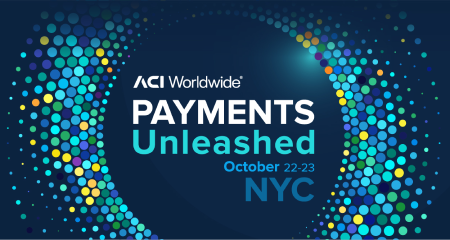Companies need to think beyond GDPR compliance and move towards proactive data privacy, consent management and customer-centric controls
Recently, however, GDPR and its potential ramifications reached a whole different level. The revelations about Cambridge Analytica and the alleged illegal access to the private data of almost 87 million Facebook profiles might turn out to be a turning point in consumers’ expectations on how big data can be harnessed safely.
GDPR was never just a data security issue aimed at discouraging physical data breaches. The new regulation focuses on the rights of companies to use data, and the obligation to have explicit and informed consent from the people who own that data. GDPR should not be treated just as a compliance issue. It opens up a whole new industry for personal data management.
I predict a wave of class actions once GDPR has come into force, brought forward by legal groups and consumers, fuelled by occasional data breaches – both physical and legal.
This is likely to be noisy and chaotic, but it could pave the way away from traditional definitions of B2B and B2C towards a personalised data economy, where consumers become far more aware of the potential value of their own data, and of their opportunities to convert this potential value via new so-called ‘Me2B’ propositions.
‘Me2B’ means the consumer dictates the terms of how business relationships are formed. The ‘Me2B’ customer defines his or her own concept of loyalty, inviting businesses to sign up to the ultimate customer-centric loyalty program managed by ‘me.’ This would turn existing notions of loyalty and marketing upside down.
Companies need to think beyond GDPR compliance and move towards proactive data privacy, consent management and customer-centric controls. Data users will need to invest in data management architecture, such as the use of meta data definitions that include information about the use, origins and provenance of a specific data field or record (in addition to the definition of the field itself).
Awareness of citizens’ rights regarding their own data is growing. The winners in the new ‘Big Data world’ so far have relied on consumers not really noticing. But as the unfolding Facebook/Cambridge Analytica saga shows, the landscape for big data has shifted. It will no longer be acceptable to process and monetize consumers’ data without their explicit buy-in. And that will require new incentives and motivators. The winners in the next generation of big data will need to work out how to manage relationships with and preferences of individual consumers.
Lu Zurawski will be joined by Kieran Hines (Ovum) at 1:00pm (BST) on May 29 to take a deeper dive into the findings of the recently published Global Payments Insight Series. Register to secure your place for the live webinar.




